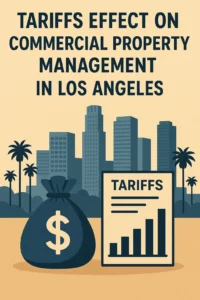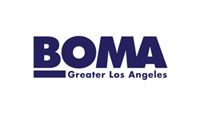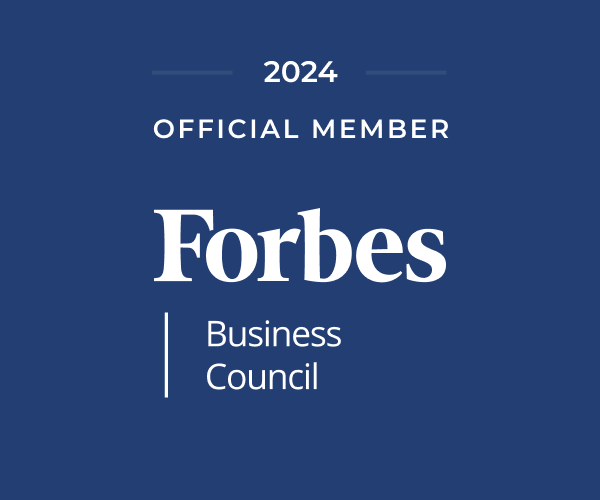
Tariffs are back in the spotlight, and if you’re managing commercial properties in Los Angeles, it’s time to pay attention. President Trump’s recent tariffs—25% on Canadian and Mexican imports and 10% on Chinese goods—are shaking up the real estate landscape, especially in a city as globally connected as L.A.
Construction Costs: Building Dreams, Paying Nightmares
If you’re overseeing property developments, brace yourself. Tariffs on essential materials like steel, aluminum, and lumber are inflating construction costs. This isn’t just a minor hiccup; it’s a significant budgetary concern. For instance, the California Building Industry Association notes that higher prices for Canadian lumber and Mexican drywall are driving up costs, complicating efforts to address housing shortages and rebuild after wildfires.
Moreover, the uncertainty surrounding these tariffs is causing delays in leasing decisions, as tenants hesitate to commit amid fluctuating costs.
Maintenance and Renovations: The Price of Upkeep
Tariffs don’t just affect new constructions; they also impact ongoing maintenance and renovations. From HVAC systems to everyday supplies, increased costs are squeezing budgets. This means that routine upgrades or necessary repairs might be postponed, potentially affecting tenant satisfaction and property value.
Tenant Dynamics: Shifting Sands
Tenants are feeling the pinch too. With rising costs, renters are re-evaluating their options, often opting for more affordable spaces or delaying moves altogether. This shift affects occupancy rates and can lead to increased vacancies, impacting your bottom line.
Investment Climate: Proceed with Caution
The investment landscape is becoming more cautious. Uncertainty around tariffs is making investors hesitant, leading to a slowdown in capital flow into commercial real estate. This hesitancy can stall projects and affect property valuations.
Strategic Moves: Navigating the Tariff Terrain
So, what can you do?
Vendor Relationships: Strengthen ties with suppliers to negotiate better terms and ensure a steady supply chain.
Budgeting: Reassess budgets to accommodate potential cost increases, ensuring financial flexibility.
Tenant Communication: Maintain open lines of communication with tenants to manage expectations and foster long-term relationships.
Stay Informed: Keep abreast of policy changes to anticipate and adapt to new challenges promptly.
Looking Ahead: Hope on the Horizon?
While the current climate is challenging, it’s not all doom and gloom. Some experts believe that these tariffs could eventually lead to increased domestic manufacturing, potentially boosting the local economy and, by extension, the commercial real estate market.
In the meantime, staying proactive, adaptable, and informed is your best strategy to navigate these turbulent times.


